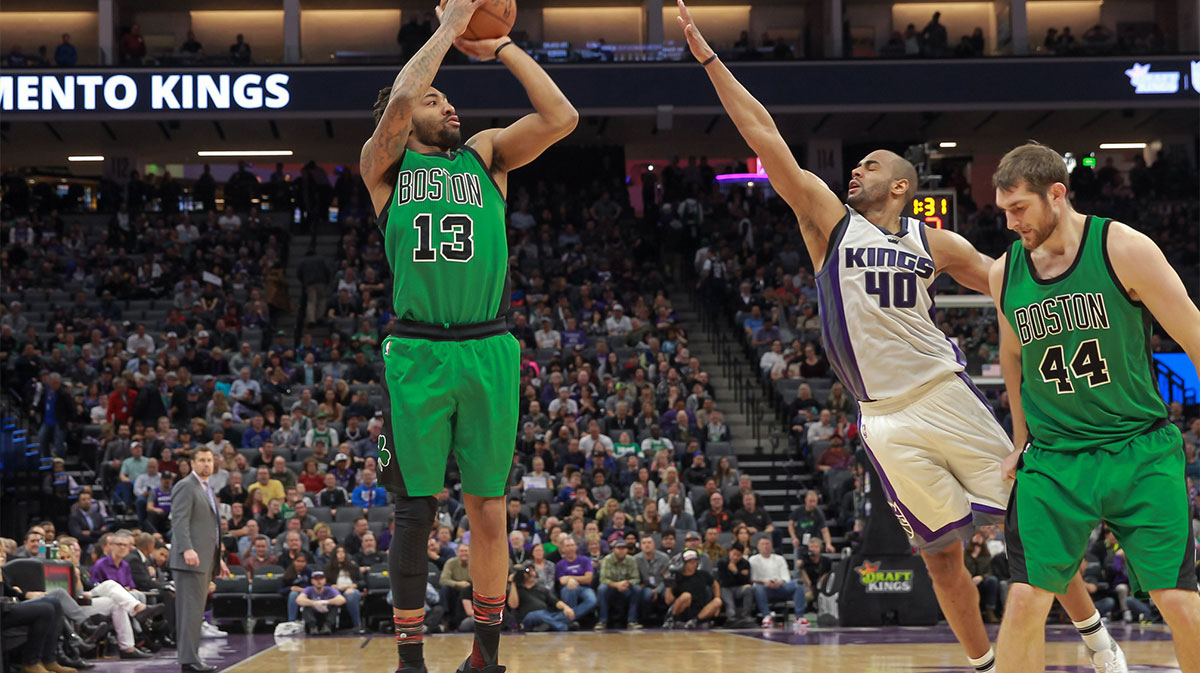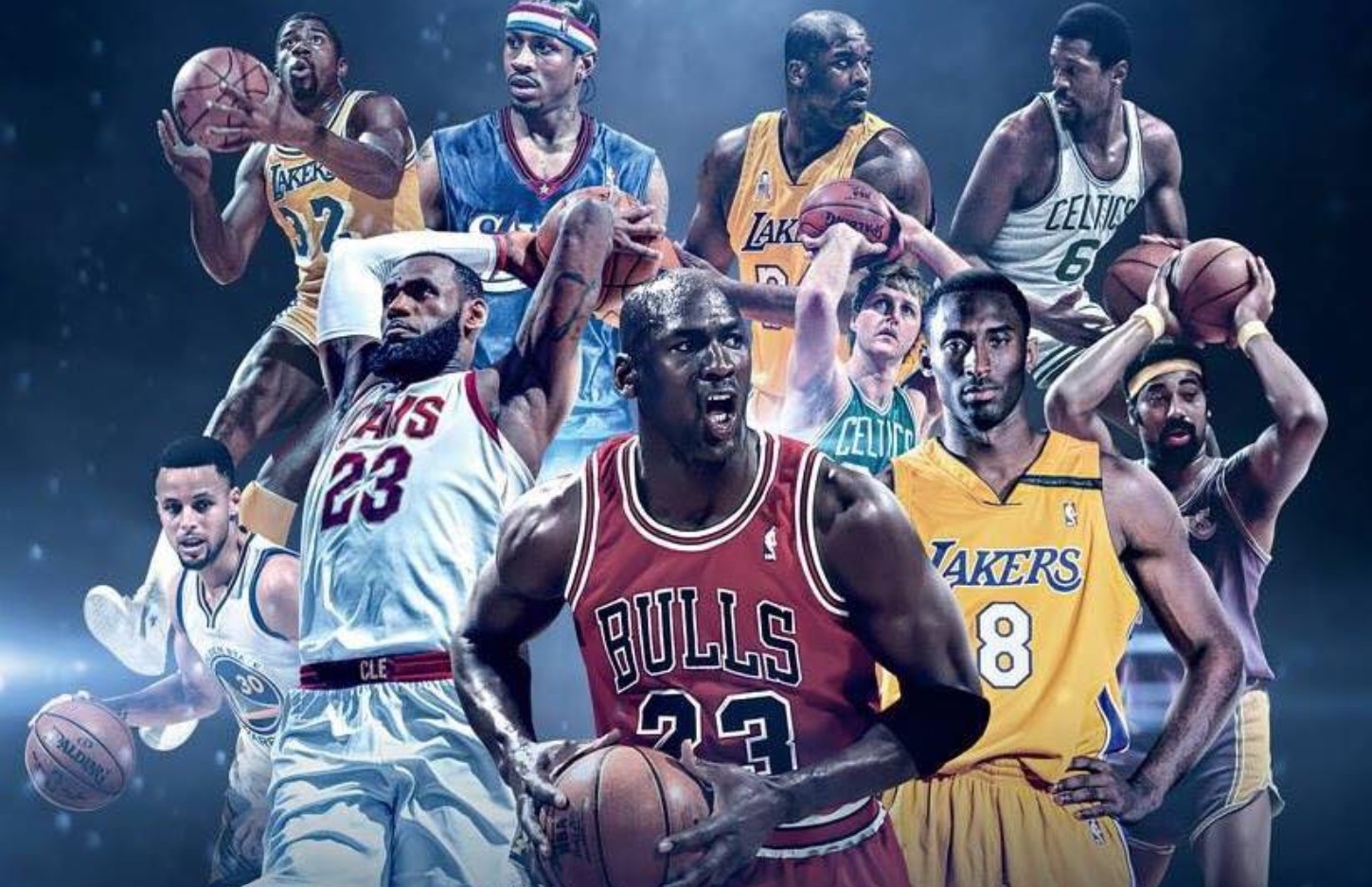Regular-season Kia NBA Most Valuable Player Award winners: Boston Celtics

Bill Russell won 5 regular-season MVPs in this 13-year NBA career.
The Boston Celtics are one of the most successful franchises in NBA history after winning 18 titles, the most recent one being in the 2023-24 campaign. As expected, and given their long history of success, the Celtics have had several players named with the MVP Award. Here is a comprehensive list of every Celtics player who has won this prestigious award, designed for the best player in the regular season in the NBA.
Cousy was the first Boston player to win the MVP award, and he accomplished that feat in the second season of the league. It was also the first-ever title for the Celtics, as Cousy led Boston to a 4-3 win over the St. Louis Hawks in the 1957 NBA Finals. The star floor general, considered one of the greatest point guards to ever step on an NBA court, averaged 20.6 points, 4.8 rebounds and 7.5 assists per game while appearing in 64 contests. Surprisingly for a player this good, this was the only MVP award of Cousy’s career.
Russell’s first MVP of his career came in only the second season of his NBA tenure. He featured in 69 games for the Celtics and finished with averages of 16.6 points, 22.7 rebounds and 2.9 assists per contest. The Celtics wouldn’t win the title that year, however, as the St. Louis Hawks would go on to win the 1958 NBA Finals. But it was the first time that the basketball world was taking notice of Russell’s impressive two-way play, and this would start an era of dominance for the Celtics with Russell as their main player.
Russell started a run of three straight MVP awards between 1961 and 1963 with an impressive stat line at the end of the 1960-61 regular season. Across 78 regular-season contests, Russell averaged 16.9 points, 23.9 rebounds and 3.4 assists per game while shooting 42.6 percent from the floor and 55 percent from the charity stripe. Those numbers aren’t eye-popping from an efficiency perspective, but he was the go-to option on a Celtics team that would go on to win the title after defeating the St. Louis Hawks in the NBA Finals.
From a scoring perspective, the 1961-62 season was Russell’s best moment of his Hall-of-Fame career. En route to the third MVP of his career and second in back-to-back years, the elite big man averaged a career-high 18.9 points per game. However, he did more than just scoring, and he was an absolute beast on the glass as well after recording 23.6 rebounds per contest. His 4.5 assists per game were the first time in his career in which he averaged more than four dimes per game, and that would become the norm in the latter stages of his career.
Russell’s third straight MVP award, and fourth of his career, came in the 1962-63 campaign when the Celtics won another NBA title. Russell averaged 16.8 points, 23.6 rebounds and 4.5 assists per game in 78 regular-season appearances. He was also named to the All-Star Game and the All-NBA First Team. This was one of Russell’s 11 All-Star nods over his 13-year career.
Russell’s run of five MVP awards ended in the 1964-65 campaign, a year in which he averaged a monster line of 14.1 points and 24.1 rebounds per contest. He also added 5.3 dimes per game, which was fairly impressive as he was the first elite-passing big man in the history of the game. It’s worth noting that outside of winning five MVP awards, Russell also finished in the Top-3 of the voting nine times across his 13-year career.
Cowens won his lone MVP award during the 1972-73 season, a year in which the Celtics finished with the best record in the league but lost in the Eastern Conference Finals to the New York Knicks. Cowens averaged 20.5 points, 16.2 rebounds and 4.1 assists per game in 82 regular-season appearances while averaging 41.8 minutes per contest.
The first of three straight MVP titles for Bird, the Hall of Fame forward averaged 24.2 points, 10.1 rebounds, 6.6 assists, 1.8 steals and 0.9 blocks per contest while starting in 77 of his 79 regular-season appearances. He only shot 24.7 percent from three-point range that season, though that number would increase dramatically in the coming seasons. This was also one of the six seasons in which Bird averaged a double-double.
Bird’s second consecutive MVP season with the Celtics was one of his best campaigns from a purely statistical perspective. He averaged 28.7 points per game, the second-highest mark of his career, while shooting 52.2 percent from the floor and 42.7 percent from beyond the arc. He was more than just a scorer, though. Bird also averaged 10.5 rebounds, 6.6 assists, 1.6 steals and 1.2 blocks per contest.
Bird was the last player to win the award in three consecutive years, and he was also the last Boston player to receive this recognition. In his third straight MVP season, Bird averaged 25.8 points, 9.8 rebounds, 6.8 assists, 2.0 steals and 0.6 blocks across 38.0 minutes per game in 82 appearances (81 starts). He also shot 42.3 percent from three-point range, an extremely high figure for that era.












